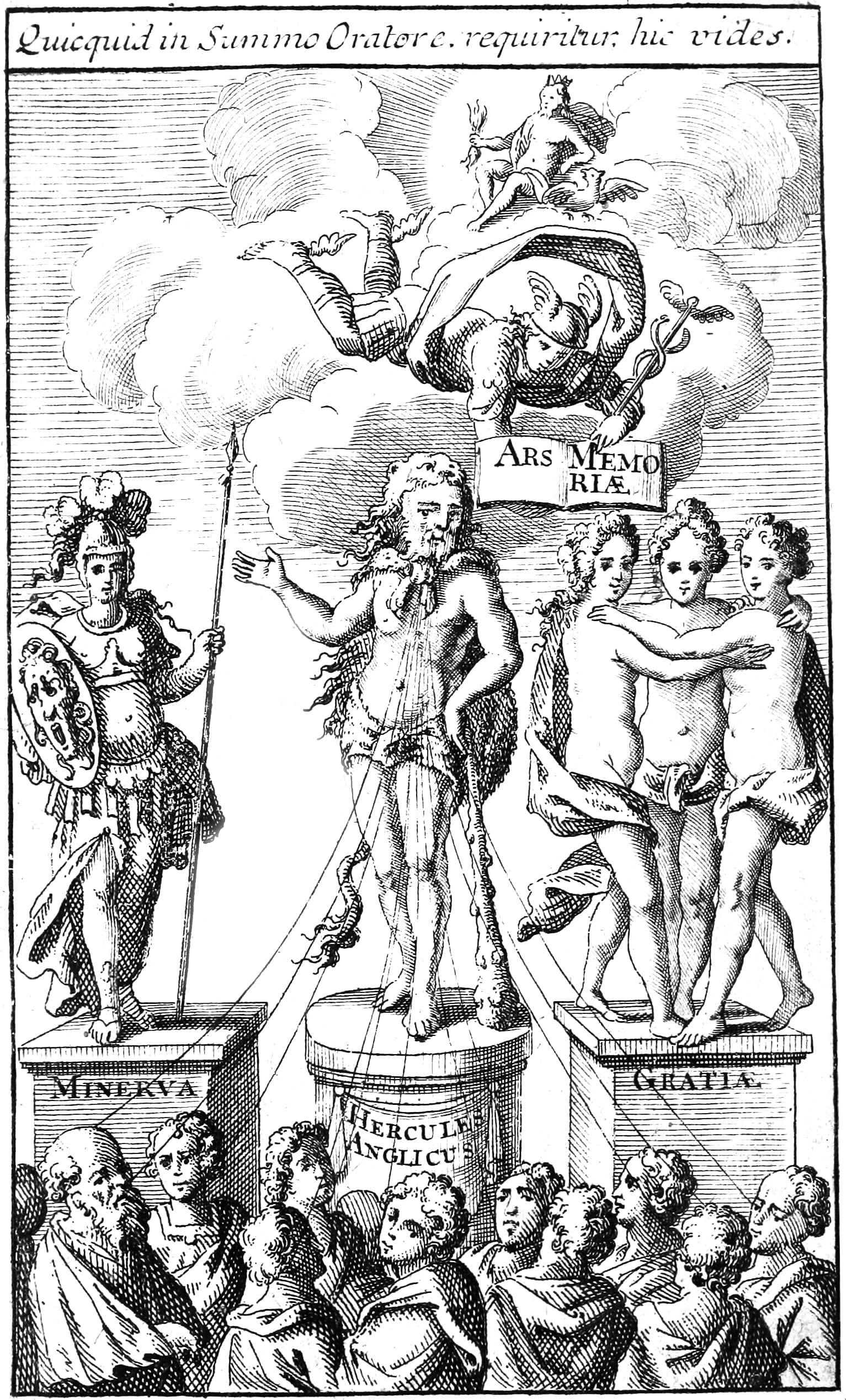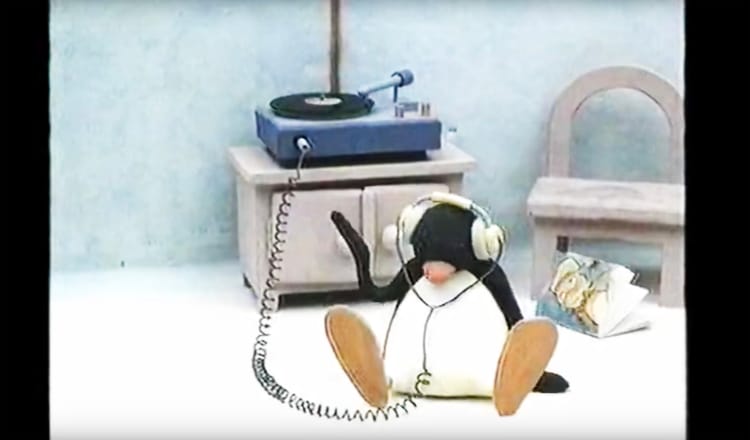Simonides of Ceos Is Being Helpful

From Cicero's De Oratore.

A story. Simonides was a dinner guest in the house of Scopas, at Crannon in Thessaly. He composed a lyric poem in honor of his host, and as he chanted he followed the poetic custom of honoring Castor and Pollux at great length. Seized with mean small-mindedness, Scopas told Simonides, "Here is half the fee we agreed on for the poem. For the rest of the money you must appeal to the sons of Tyndaraus, as I see we have shared the profit of it."
A little later. A messenger came into the hall looking for Simonides, saying, "Outside the door are two men who urgently desire speech with you," whereupon Simonides rose at once and left the hall. He could find no such men; however, during his absence, the roof of Scopas' banquet-hall collapsed, crushing everyone inside. Presumably this included the messenger.
Presumably passers-by saw what had happened, and would have tried to help.
"Is there a doctor in the area?" they would have asked, endeavoring to clear away some of the rubble.
"No," Simonides said, "but luckily I can remember where everyone was sitting right before they died. If you keep digging, I'll be able to tell you which mutilated corpse you've excavated, in order."
Which isn't nothing – one always wants to bury the right corpse in the right crypt – but neither is it very much more than nothing.
This story has become very famous, and is given as the origin for the method of loci art of memory, but apparently no one thought to record the names of anyone Simonides remembered, except for Scopas the miser. So he remembered where everyone was sitting, but we do not even remember how many there were, nor any of their names and families.
The moral of this story is: The greatest memory in the world cannot save a single life, and inventors never share credit.
[Image via]




Comments ()